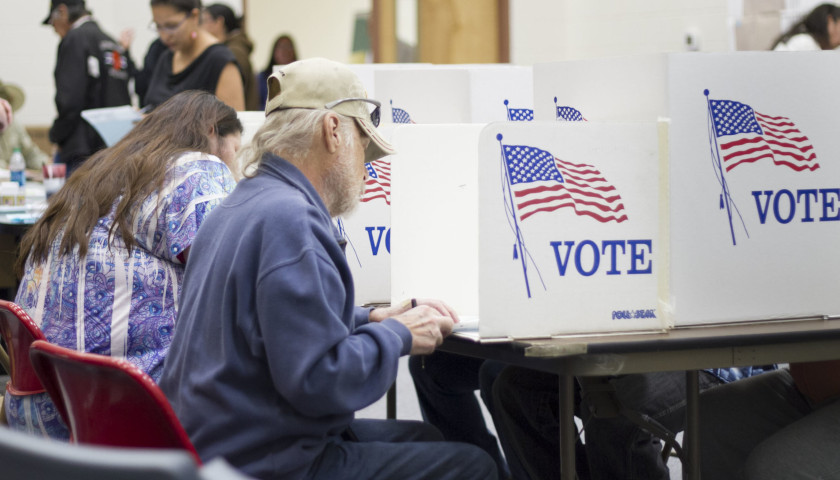by Tyler Arnold
The Republican majority in the Ohio House of Representatives will likely block legislation that intends to create an automatic voter registration process, according to Majority Leader Bill Seitz.
“This bill is retread of a Democrat agenda item that has been pushed for over 10 years in Ohio election law bills – with zero success, which is right about where I’d put the odds on its latest iteration,” Seitz, R-Cincinnati, told The Center Square in an email. “We have steadfastly maintained that while voting is a right, it is one requiring some exercise of personal responsibility, which is lost when registration is ‘automatic’.”
The legislation, which was proposed by Rep. Bride Rose Sweeney, D-Cleveland, would automatically register any person who updates information with the Bureau of Motor Vehicles or attends high school in Ohio. The state would notify a person of his or her registration after the fact. This would shift Ohio from an opt-in voter registration system to an opt-out system, which means that a person would only have his or her registration removed if he or she requests that.
Additionally, the bill is designed to keep information of Ohio voters up to date. Under Ohio law, a voter is removed from the voter rolls if he or she does not vote in six years. This is designed to remove inactive voters and those who have died or left the state from the voter roll. If a person is automatically registered through different interactions with the state, then this would lower the number of people who are still in the state who are being removed from the voter rolls.
The bill would also direct the secretary of state to study whether other agencies, such as Medicaid or Veterans Affairs, would also be ready to automatically register Ohioans.
Seitz said mass registration of young adults who have not yet graduated high school would not create a civic awakening, but would rather send under-informed voters to the ballot box. He said the legislation would also be counterproductive because many young people change addresses when they go to college and move into the workforce. When away at college, a student is allowed to vote in their new residence at college or their home residence.
The office of Speaker Larry Householder, R-Glenford, declined to predict which way Republicans would vote.
“The issue has not been discussed with our Caucus,” Householder’s press secretary, Taylor Jach, told The Center Square in an email.
Sweeney told The Center Square in a phone interview that Republicans should get away from the notion that the legislation is a Democratic win. Rather, she said that “this affects everybody.”
“I want everybody who wants to vote to vote,” Sweeney said.
Controversy erupted last year over a voter purge after several errors almost led to thousands of people being wrongly removed from the voter rolls. Sweeney said the purge affected all people, including Republican voters. She said that no one who wants to vote should be removed from the rolls, regardless of who they plan to vote for.
Sweeney said the current voting system in Ohio is archaic and antiquated, which is why it needs to be updated. Many people do not vote because of the bureaucratic hoops to jump through, she said. One of the main jobs of lawmakers is to make it easier for people to vote, she added.
“There’s nothing more sacred than our ability to vote,” Sweeney said.
A similar bill is being considered in the Senate.
– – –
Tyler Arnold reports on Virginia and Ohio for The Center Square. He previously worked for the Cause of Action Institute and has been published in Business Insider, USA TODAY College, National Review Online and the Washington Free Beacon.
“People Voting” by Wyofile. CC BY 2.0.





